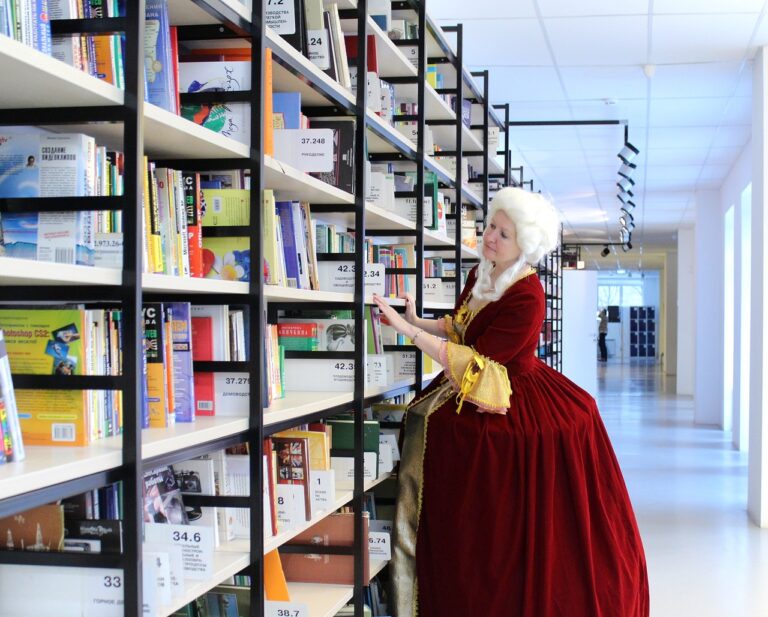Breaking Down Barriers to Higher Education: Access for Underprivileged Students
Underprivileged students often encounter significant barriers that impede their access to quality education. One of the primary obstacles is the lack of financial resources to afford higher education. Many students from disadvantaged backgrounds struggle to cover tuition fees, purchase textbooks, and meet other educational expenses. This financial strain can compel students to take on multiple jobs or even forgo pursuing higher education altogether.
Additionally, underprivileged students frequently face a lack of access to essential resources and academic support. These students may attend schools that are underfunded and lack the necessary infrastructure and educational tools. Without resources like tutoring services, college prep programs, and access to technology, underprivileged students may find it challenging to excel academically. This lack of support can hinder their academic progress and limit their opportunities for future success.
Financial Obstacles to Higher Education
Many underprivileged students often encounter significant financial barriers when it comes to pursuing higher education. The rising costs of tuition, textbooks, and other educational expenses can present a major obstacle for individuals from low-income backgrounds. As a result, many talented and deserving students find themselves unable to afford the financial burden associated with attending college or university.
In addition to tuition fees, other financial obstacles include the cost of housing, transportation, and basic living expenses. For many underprivileged students, the prospect of taking on student loans can be overwhelming, as they may already be grappling with existing financial hardships. Without adequate financial support or assistance, these students may be forced to delay or abandon their educational aspirations, perpetuating a cycle of limited opportunities and socio-economic disparity.
Lack of Access to Resources and Support
Some underprivileged students struggle to access necessary resources and support that can enhance their academic success. Without proper guidance and mentorship, these students may face challenges in navigating the complexities of the education system. The lack of adequate resources, such as textbooks, technology, and educational tools, can further hinder their learning opportunities.
Moreover, the absence of support systems, like tutoring services or career counseling, can leave underprivileged students feeling isolated and overwhelmed. Without the guidance of educators or counselors who understand their unique challenges, these students may struggle to persevere through academic obstacles. In essence, the lack of access to resources and support can create significant barriers that impede the educational journey of underprivileged students.





